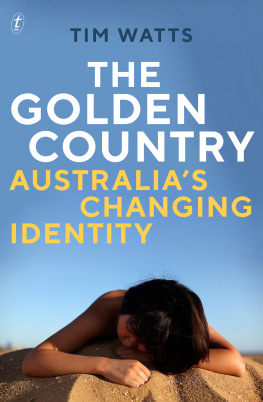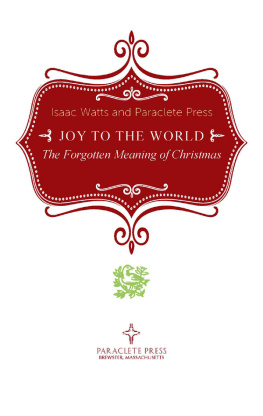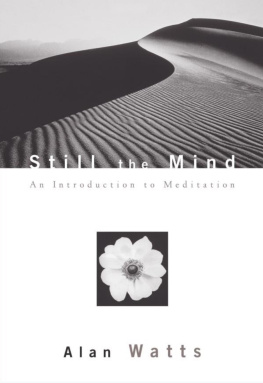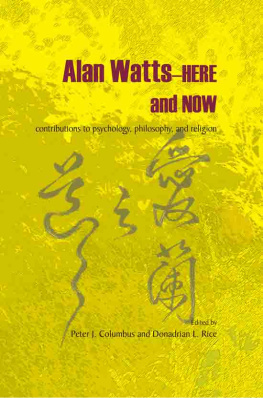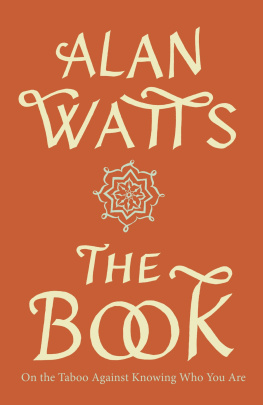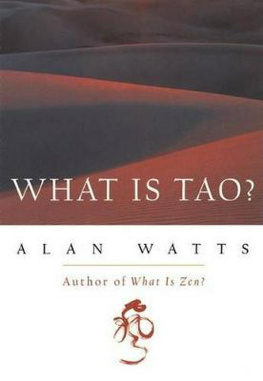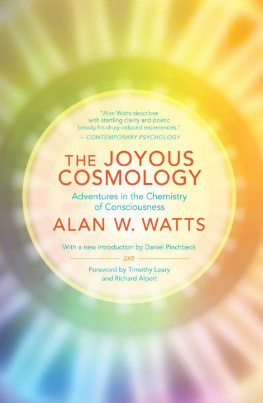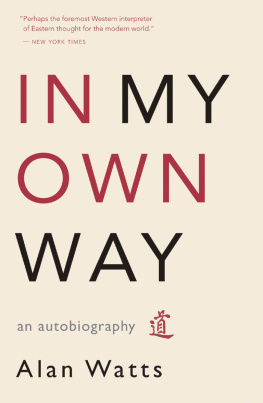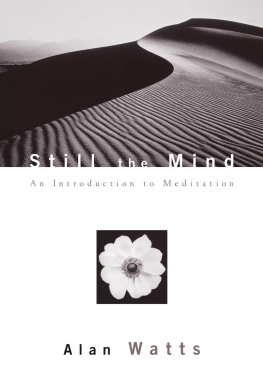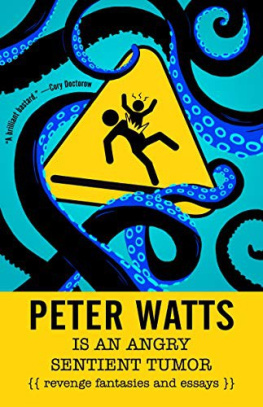Tim Watts - The Golden Country: Australias Changing Identity
Here you can read online Tim Watts - The Golden Country: Australias Changing Identity full text of the book (entire story) in english for free. Download pdf and epub, get meaning, cover and reviews about this ebook. year: 2019, publisher: The Text Publishing Company, genre: Politics. Description of the work, (preface) as well as reviews are available. Best literature library LitArk.com created for fans of good reading and offers a wide selection of genres:
Romance novel
Science fiction
Adventure
Detective
Science
History
Home and family
Prose
Art
Politics
Computer
Non-fiction
Religion
Business
Children
Humor
Choose a favorite category and find really read worthwhile books. Enjoy immersion in the world of imagination, feel the emotions of the characters or learn something new for yourself, make an fascinating discovery.
The Golden Country: Australias Changing Identity: summary, description and annotation
We offer to read an annotation, description, summary or preface (depends on what the author of the book "The Golden Country: Australias Changing Identity" wrote himself). If you haven't found the necessary information about the book — write in the comments, we will try to find it.
Tim Watts: author's other books
Who wrote The Golden Country: Australias Changing Identity? Find out the surname, the name of the author of the book and a list of all author's works by series.
The Golden Country: Australias Changing Identity — read online for free the complete book (whole text) full work
Below is the text of the book, divided by pages. System saving the place of the last page read, allows you to conveniently read the book "The Golden Country: Australias Changing Identity" online for free, without having to search again every time where you left off. Put a bookmark, and you can go to the page where you finished reading at any time.
Font size:
Interval:
Bookmark:


In The Lucky Country, Donald Horne wanted to capture what the huge continent was likebefore it was peopled from all over Asia. Sixty years later, we need to ask what Australia is like today, as it is being peopled from all over Asia, and what a century of nation building in the image of White Australia has meant for our country.
John Howard was the unlikely reformer of contemporary Australia. He transformed the migration system, creating the first immigration boom since the White Australia policy ended and dramatically diversifying the population. Yet his divisive rhetoric about national identity has hamstrung discussion about what these changes mean. As a result, Australia is a successful multicultural society with monocultural institutions and symbols.
Tim Watts family personifies this contradiction. His children are descendants of Hong-KongChinese migrants and of pre-Federation politicians who sought to build a nation that excluded anyone who wasnt white. As the representative of a diverse federal electorate, Watts asks: why is Australias imagined community so far behind its lived community, and what can we do about it?
For my family
What can the England of 1940 have in common with the England of 1840? But then, what have you in common with the child of five whose photograph your mother keeps on the mantelpiece? Nothing, except that you happen to be the same person. GEORGE ORWELL, ENGLAND YOUR ENGLAND
Two hours drive north-west of Melbourne is the only town in Australia founded by Chinese migrants. In 1857 a group of men on the final leg of a months-long journey from Guangdong province to the established goldfields of Bendigo and Ballarat discovered a gold lead along the way, and quietly began to mine it. After word of the discovery spread, the town of Ararat quickly sprang up.
More than a century and a half later, the Chinamans Hole where these men started their diggings is now the site of the striking Gum San (Gold Mountain) Chinese Heritage Centre. Set back on a small hillside, the imposing two-storey stone complex, rimmed with 56,000 golden glazed-ceramic tiles from the region of Taishan, looms over the Western Highway.
Ive driven here with my four-year-old Hong-Kong-ChineseAustralian son, who has marked our arrival in the car park by moaning from the backseat about the stomach ache that comes from eating an entire pack of jelly snakes. I can sympathise with his suffering. Growing up in regional Australia, I would regularly be press-ganged into long journeys chasing family history. My father and grandfather regaled their captive audiences in the passenger seats of station wagons and four-wheel-drives with stories of the six generations of our family who lived on the fertile black soil of Queenslands Darling Downs.
The stories of ancestors straight from the pages of Russel Wards The Australian Legendpastoralists and Anzacs, Qantas pilots and Lancaster-bomber navigatorswere passed down on these road trips through the Australian bush. The family lore might have been less reliable than a history book, but it was more potent in the imagination of a child.
A particular family favourite was the story of John Watts, one of the first European colonisers on the Downs, who managed a selection there in 1840 and in 1860 became its first member of parliament. The author Steele Rudd, creator of the Dad and Dave characters, was born in the constituency while John Watts was the local member. Watts written account of the period, a treasured family possession passed down the generations, tells the story of the European colonisation of a stretch of land where today my father has built a house and retired with plenty of room for grandkids to visit.
Im in Ararat chasing a different origin story. Im here with my son because its on the Walk from Robe, a 500-kilometre route from the South Australian seaside town to the goldfields. Around 17,000 Chinese migrants walked this path after the Victorian colonial
My sons Sino heritage comes from my wife. The family history we are tracing at Gum San isnt a lineage from the Chinese migrants who walked to Ararat in desperate pursuit of a better life: its a lineage from the people who forced them onto the walk. On this road trip we are learning the story of why my son and daughters great-great-great-great-grandfather didnt want people like them to be part of the nation he was building.
While John Watts was herding sheep in Queensland in the 1840s, down south Charles Nantes was leaving South Australia to start again in Victoria. Nantes lived an Australian-pioneer life. As a nineteen-year-old member of South Australias first fleet on the Africaine, Nantes came ashore with five other men on Kangaroo Island, which they mistook for the intended site of a permanent colony, only to spend ten days lost in the unexpectedly harsh wilderness without food or water. Two members of the party perished; Nantes, too weak to continue, was left for dead on the beach at Seal Bay. Fortuitously for my family line, he was rescued a day later, when the surviving members of the party came upon a ship searching for the group and sent it back for him.
Its a great yarnbut its what Charles Nantes did when he left South Australia that brings us to Ararat. After moving to Geelong and establishing himself in business and on the local council, Nantes became a member of the local Anti-Chinese Committee. Anti-Chinese groups were common across the goldfields in the 1850s and 1860s, and were formed to agitate against the local Chinese community and lobby colonial governments to force them out.
The Argus of 30 July 1857 reported that, after a public meeting, Nantes committee presented a petition to the Victorian parliament warning that the arrival of the Chinese was fraught with the greatest danger to the social, moral and political prosperity of this colony. The petition demanded that the parliament immediately introduce the most vigorous measures to check any further increase of the Chinese race in Victoria, and effect a reduction of their numbers by imposing such a poll tax on all who may come hither as will induce them to prefer returning to their own country. It was the lobbying by men such as Charles Nantes that started the Walk from Robe.
Nantes thinkingthat there was something inherent to the Chinese newcomers which was antithetical to the colonial-Australian way of lifewas typical at the time. This kind of belief spurred the federation of the colonies forty years later and was crystallised in what Edmund Barton described as the first issue of high policy debated by the federal parliament, the Immigration Restriction Act 1901, better known as the White Australia policy.
Such thinking didnt just change Australias demography: it was fundamental to the myth-making that bound together the white people of the newly formed nation. Like a batik shadow-puppet show from the archipelago to our near north, the edges of the emerging Australian identity that was to separate us from the old worldegalitarianism and irreverence, resilience and mateshipneeded a contrasting other to give them definition.
The stereotype of a servile, physically weak and morally corrupt For the bulk of the first two centuries after European arrival, Australias national identity was defined in explicit racial contrast to the peoples of the neighbouring Asian nations.

This is the Australia of my ancestors, but its not the Australia of my family today. In the past two decades, a different-looking nation has begun to emerge, one that would shock our founding fathers. Changes to the immigration system have dramatically changed the scale, nature and composition of our migrant intake.
Next pageFont size:
Interval:
Bookmark:
Similar books «The Golden Country: Australias Changing Identity»
Look at similar books to The Golden Country: Australias Changing Identity. We have selected literature similar in name and meaning in the hope of providing readers with more options to find new, interesting, not yet read works.
Discussion, reviews of the book The Golden Country: Australias Changing Identity and just readers' own opinions. Leave your comments, write what you think about the work, its meaning or the main characters. Specify what exactly you liked and what you didn't like, and why you think so.

